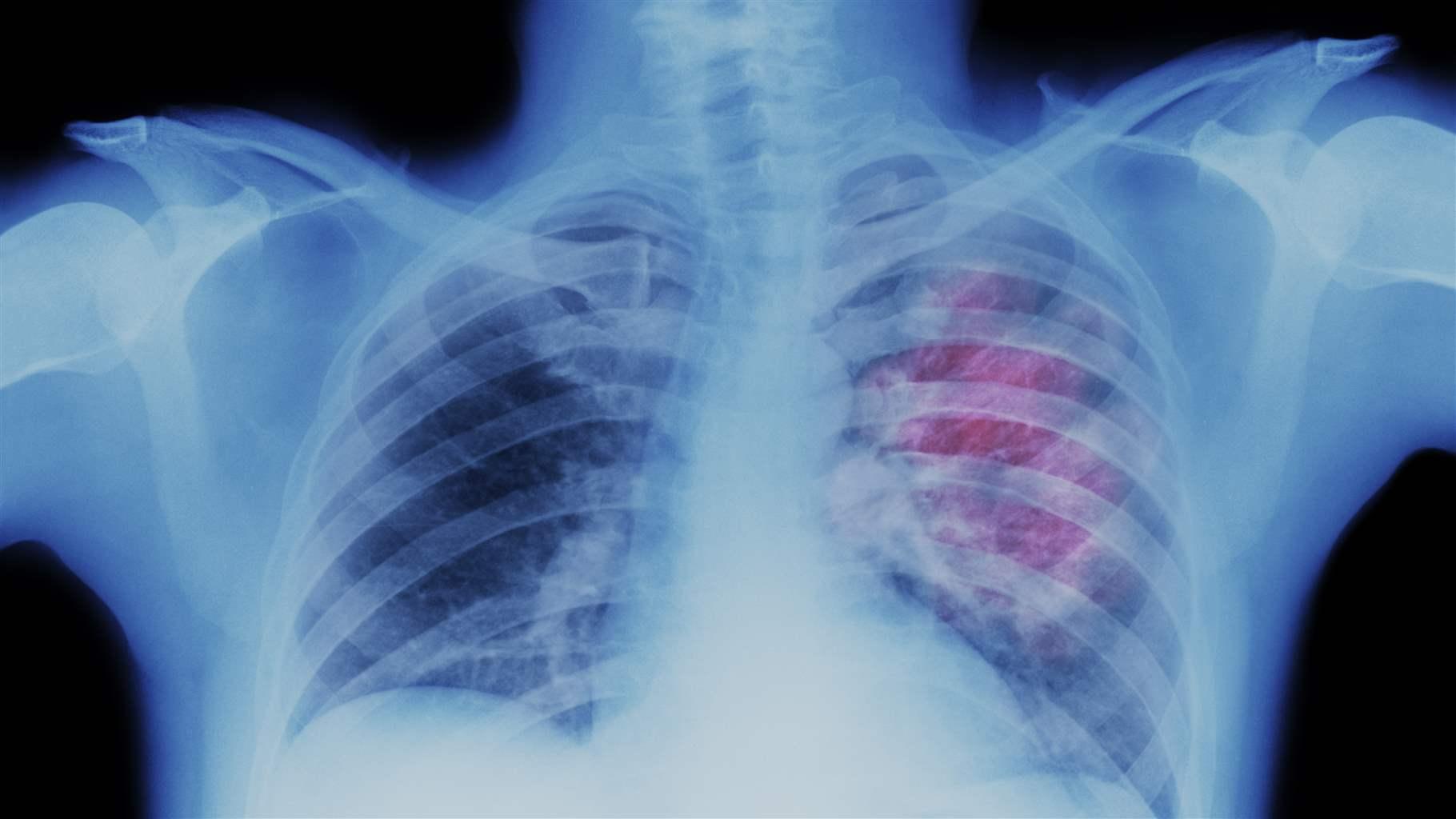Pew-Stewart Scholars Uncover New Strategies to Target Cancer
Recent research provides critical insights on cancer biology to accelerate treatment

Cancer research—along with new medications and disease elimination—is one of the most cited examples of how society benefits from science. And even as the focus has shifted over the past year to preventing and treating COVID-19, cancer scientists continue to forge ahead with their research and make breakthrough discoveries. The Pew-Stewart Scholars Program for Cancer Research, now in its eighth year, has supported promising early-career scientists as they investigate the causes of cancer, leading to new insights about how to diagnose and treat the disease. From uncovering when cells know to divide to new methods of treating lung cancer, three Pew-Stewart scholars have contributed critical insights that can help accelerate a cure.
Better quality control for proteins
The body’s cells rely on proteins embedded within the cell membrane to perform critical tasks that keep people healthy, including cell-to-cell communication and immune signal coordination. However, a defect or change in the formation of these membrane proteins may be a warning sign for a range of diseases, including cancer. To better understand how these proteins are made, Rebecca Voorhees, a 2018 Pew-Stewart scholar, is studying the endoplasmic reticulum (ER) membrane protein complex (EMC) for clues.
Scientists know that before new membrane proteins can become functional, they are transported to the ER in an unfolded state to be modified and inserted into the membrane by the EMC. To uncover the molecular details of this process, Voorhees’ team was the first to use a technique called single-particle cryo-electron microscopy to evaluate the structure of the EMC. The team’s findings suggest that this complex, made up of nine subunits, first captures the protein and then inserts it into the lipid bilayer of the membrane. Additionally, the team found that the EMC may perform additional “quality checks” to help membrane proteins fold and assemble. This knowledge helps researchers interpret how the body regulates protein production and can spark the development of new therapies for when the process goes awry in diseases such as cancer.
How cells know when to divide
Cell division is a highly orchestrated event, and any disruption to this process can be a telltale sign of cancer. Previous research indicates that a cell decides to divide during a short window of time early in its life by capturing a particular amount of nutrients from its surroundings. However, Sabrina Spencer, a 2017 Pew-Stewart scholar, has spearheaded new research that provides insight into why this may not be the case. Using single-cell tracking technology and time-lapse microscopy, her group filmed the cells to determine how cell division is controlled. It found that beyond the early detection of mitogens—molecules that stimulate growth—cells continuously survey their surroundings and use this information to decide whether they should divide. This decision is passed from the original cells to the newly divided cells, which, in turn, influences the likelihood that the new cells will also divide. Spencer’s discovery expands the current understanding of how cell division is controlled. This can have significant implications for the timing and use of cancer therapies that target the cell division process.
New methods to treat lung cancer
About 15-25% of patients with lung cancer carry a mutation of KRAS, a key protein that acts as a molecular switch that shuffles between “on” and “off.” When the switch turns on, cells are instructed to grow, divide, or develop specialized functions. However, a specific mutation in KRAS can prolong the time the protein stays “on” and provoke cells to multiply uncontrollably, causing a tumor to form. Piro Lito, a 2019 Pew-Stewart scholar, seeks to develop a drug that can target these protein mutations and keep KRAS trapped in its “off” state, thus reducing the rate of cell reproduction. Until recently, the KRAS protein was considered untreatable with drugs. However, a team of scientists, including Lito, has identified a way to inhibit a particular form of the KRAS mutant with a drug called sotorasib. In an initial clinical trial of the drug, 52 of 59 participants with lung cancer saw their tumors shrink or stop growing.
However, another study from Lito’s group shows that cancer cells treated with KRAS inhibitors can develop an adaptive response and become unresponsive to the therapy. Therefore, the search for successful lung cancer treatment continues, and Lito plans to examine cell diversity within the tumor population to test possible combination treatment strategies against tumors with the KRAS mutation.
Kara Coleman directs The Pew Charitable Trusts’ biomedical programs, including the biomedical scholars, Pew-Stewart Scholars for Cancer Research, and Latin American fellows programs, and Jennifer Villa is a principal associate supporting the programs.






